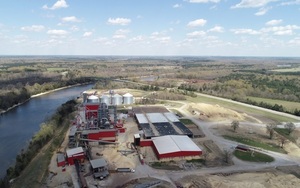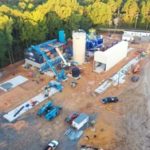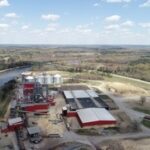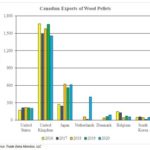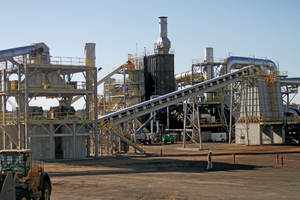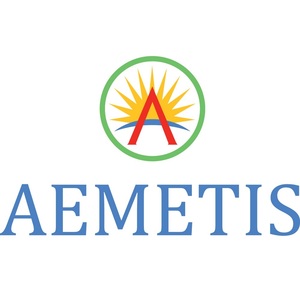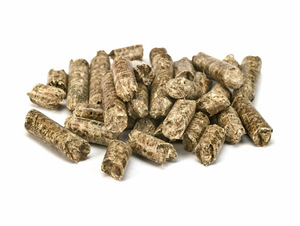Drax: Pellet production up 27% in 2022
Energy Disrupter
ADVERTISEMENT
Drax Group plc released 2022 financial results on Feb. 23, reporting that the company produced 3.9 million metric tons of wood pellets at its North American facilities last year, up 27 percent when compared to the 3.1 million metric tons produced in 2021.
According to Drax, the increased wood pellet production reflects a full 12 months’ worth of production from Pinnacle’s plants following the April 2021 acquisition. It also reflects increased capacity at the company’s Morehouse and LaSalle facilities in Louisiana. In addition, Drax commissioned three new pellet plants last year, including the Demopolis plant, located in Alabama, and the Leola and Russellville facilities, both located in Arkansas. In September 2022, Drax also acquired a 90,000-metric-ton facility located in British Columbia from Princeton Standard Pellet Corp. Together those four plants will add more than 500,000 metric tons of production capacity to Drax’s operations when at full capacity.
Drax is also working to develop additional North American pellet capacity. In December, the company announced it has made a final investment decision (FID) to develop two new pellet projects, including a 450,000-metric-ton-per-year facility at Longview in Washington state and a 130,000-metric-ton expansion of the company’s existing Aliceville plant in Alabama. Drax also plans to develop port infrastructure near the Longview plant.
According to Drax, development of the Longview plant provides the company with access to a new fiber basket, helping to further diversify its fiber sourcing, production and export capacity. The project also will also support sales into the Asian and European markets, as well as Drax’s own use. The newly announced projects will boost Drax’s pellet production operations to 18 plants and five deep-water ports.
In the U.K., Drax remained the largest source of renewable power by output, at 11 percent of annualized output. That includes generation from the company’s biomass, pumped storage and hydro generation assets.
Drax also discussed bioenergy with carbon capture and storage (BECSS) in its annual report, noting an investment decision on its proposed U.K. BECSS project could be made next year, subject to the right investment framework. The company is also exploring the possibility of implementing BECSS in North America, including opportunities for new-build BECCS power stations and the development of options for a pellet plant with carbon capture.
Drax’s North American pellet production business reported adjusted EBITDA of £134 million last year, up 56 percent when compared to 2021. Overall, Drax reported adjusted EBITDA of £731 million, up from £398 million in 2021. Operating profit was $146 million last year, compared to $197 million in 2021.
A full copy of Drax’s financial report is available on the company’s website.

